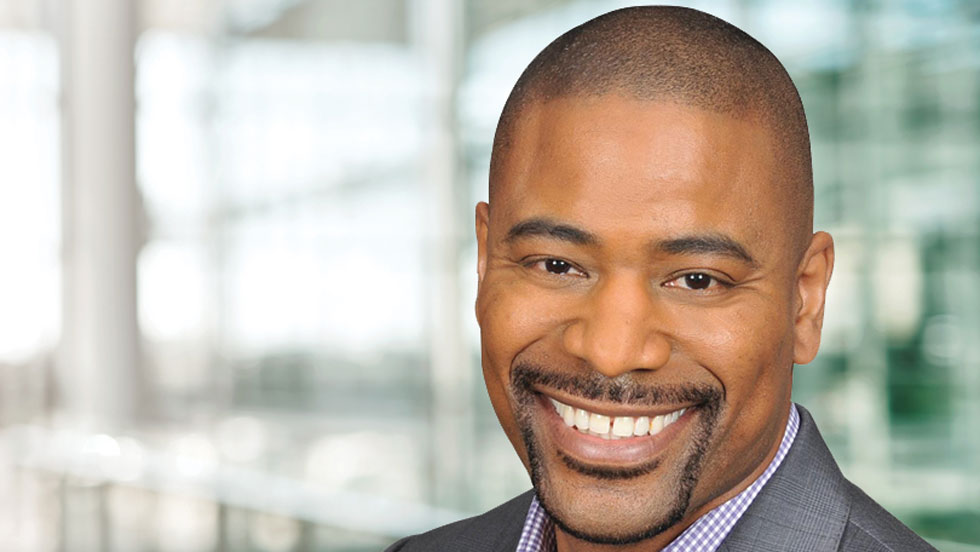Dr. James Pogue, president and CEO of JP Enterprises, is an expert in unconscious bias and diversity and inclusion. His consultation firm focuses on leadership, culture, and strategy and he is committed to helping leaders and organizations get better at having the difficult conversations necessary to bring people together. In his view, that’s the “right kind of uncomfortable.
Why is the work that you’re doing so important right now?
There’s an argument that ‘right now’ started a long time ago, but because of recent events it’s been highlighted in a much more significant way. I really want to highlight what was already there and remind people that as you’re regrowing your companies, as you’re rehiring people, how you should be thinking about your inclusion efforts moving forward.
There are a lot of people, a lot of brains, a lot of talent that comes wrapped in different skin, that comes wrapped in different sexualities, that comes wrapped in different ages. Do you want to be competitive for all the talent or just the talent that you’re most closely aligned with?
How do you get people to open up about their DEI journey?
The reality is that most people want to open up about it, they just have not been provided a reasonable opportunity to do so. My job is to say, what do you want to be and how do you want to get there, and how fast do you want to get there? Do you want to be competitive, and with whom?
How can people get started in their organization?
I always encourage people to do an assessment first. After that, you have to execute on those strategic recommendations, which must be long term. It took us a long time to get to where we are. It’s going to take us some time to turn this ship around. I challenge leaders to execute for the long haul, to lead in this space, without having to have expertise in it. You need to have a leader-led way of identifying where your growth is and what success is going to look like.
What insights did you gain from being a Nareit DEI Award judge this year?
There’s a lot of good work that’s happening, a lot of passion behind it, and a lot of people supporting it, but there is a next step for all of us. People are really in that first third or second third of where they want to be on their diversity journey, so the applications were written with a sense of optimism, a sense of what’s next. I’m looking forward to next year’s applications, seeing where people have gone based upon what has happened this year.
